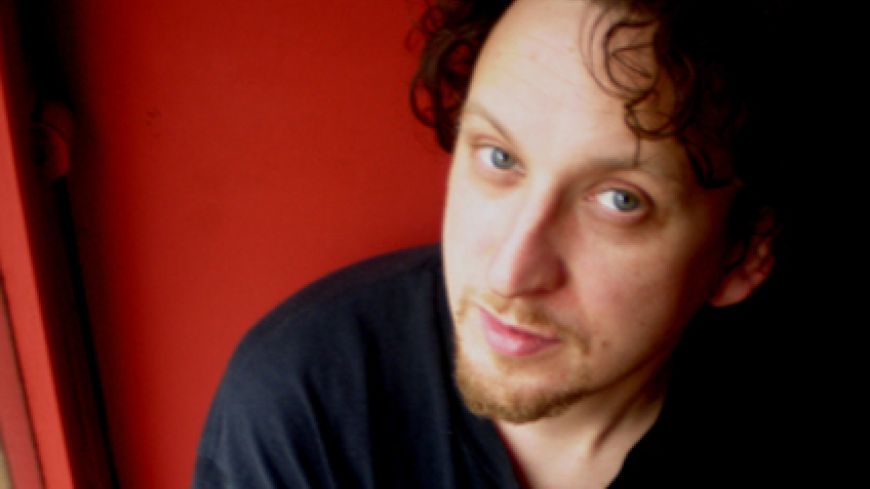
Whether or not the demise of the book as we’ve known it is in sight, it’s clear there are a lot of diagnosticians huddling round the patient, eager to pronounce. In the Speigeltent at the Edinburgh International Book Festival, author Ewan Morrison, publisher and critic Ray Ryan along with Claire Armistead, Literary Editor the Guardian newspaper, offered their thoughts on the future state of the book, with publisher Andrew Franklin chairing.
Ewan Morrison pointed out that the current model of author remuneration was under serious threat as Amazon and Google stalk the land, avariciously searching for greater market share to the ultimate destruction of publishers and thereby writers. Authors have until now dependent on publisher’s advances to maintain themselves, but Morrison questioned how long this situation could continue, and whether writers freed from this economic model would fare better in a landscape shorn of agents and independent publishers.
Advances themselves had reduced by some 50% in the last ten years and ‘10K is the new 50K’ in this new environment. The greatest threat was to ‘mid list’ authors, the publishing industry’s ‘R&D’ department, where experimentation and real creativity is at its greatest. Although enterprises such as Amazon have found ways to solve the twin curses of any publishing house – rent and inventory – the costs associated with running an publishing business and maintaining a ‘back list’ of titles, this is at the cost of real consumer choice. The mass market is essentially conservative and stifles dissenting voices.
Ray Ryan raised the question of the sustainability of Amazon’s model, given the propensity of the public (i.e. us) to prefer free rather than paid-for internet content. Illegal downloading of music and film continue despite actions in the courts to combat this.
The piracy of computer games costs that industry some $13 billion a year and projections for future rates of piracy raise the question of how even major players will be able to control this in future. The book in its present format is much less easy to illegally reproduce and although it may become somewhat more of a niche product is likely, because of this and its simple and comparatively ‘low tech’ requirements to continue into the foreseeable future. Ryan’s defence of the book was eloquent and passionate and clearly resonated with a number of the audience.
Claire Armistead attempted a balanced view in which reading had enjoyed a revitalisation in recent years, partly as a result of shortened print runs due to new technology, a growing market for e-books but also the revitalisation of back-lists. W.H. Smith remained the largest retailer in the market, with over 25% of its sales being maps and guide books, which might have been expected to be a significant casualty of e-sales.
A sprightly discussion followed covering the threat to book's design and typography that e-books represent, ways in which internet searching and new technology affect thought process and reception and process of information and the tracking of consumer preferences by internet searches. A stimulating debate which left many questions unresolved but demonstrated a serious and continuing concern for what the future may hold for books, authors and publishers.
Event: 20 August, 2011

